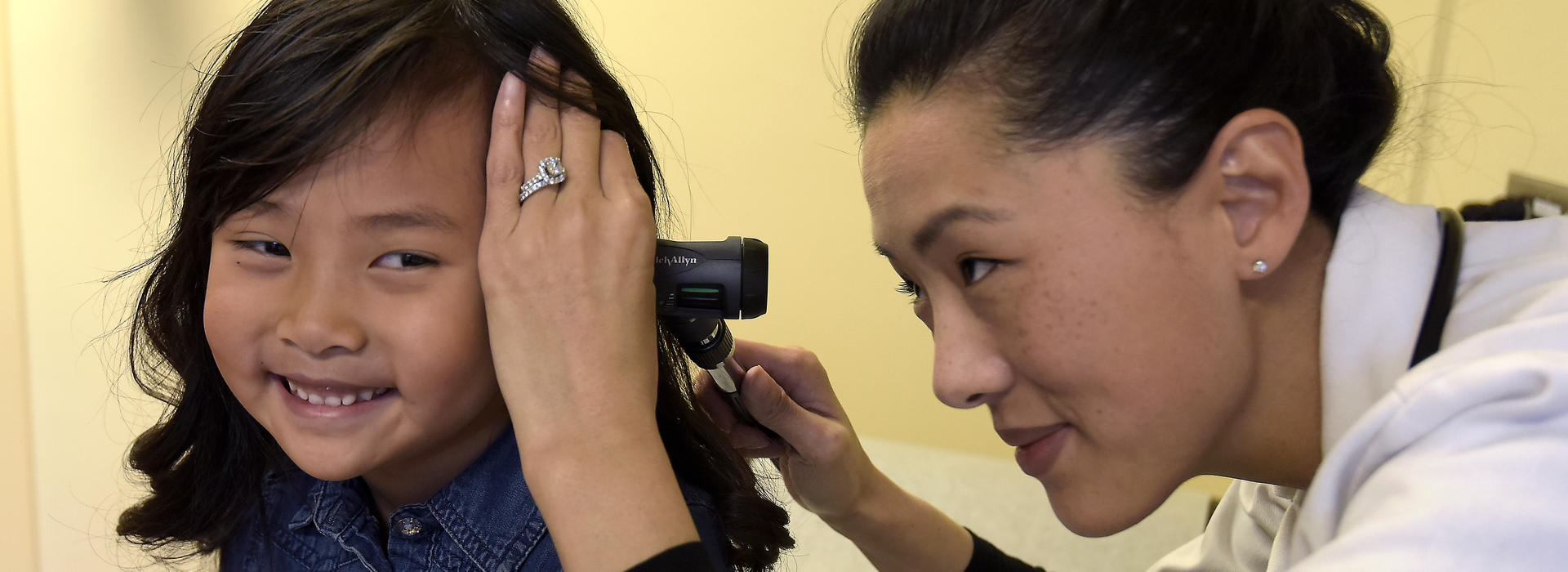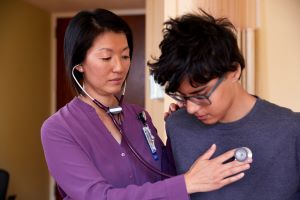
Clinical Services
Comprehensive Child Wellness Assessment (CCWA)
Children that have been adopted or that have experienced out of home placement, like foster or kinship care, are at a greater risk for prenatal drug and alcohol exposures, prenatal stress and postnatal trauma compared to their peers who have not been separated from biological parents. Because of this, it is critical that all children, no matter the age that separation occurs, receive proper assessment from trauma informed, foster and adoption specialists, to mitigate the risk of misdiagnosis or undiagnosed conditions. Conditions left mistreated or untreated in early childhood, can result in secondary conditions affecting late adolescents and adulthood.
Components of the CCWA
The Comprehensive Child Wellness Assessment (CCWA) is a 90 minute clinic assessment, where a child will be seen by a pediatrician, occupational therapist, and child psychologist. Outlined below, in dropdown table, are the various components of the CCWA. As a clinic that specializes in early intervention, prevention and care, comprehensive assessments are for children ages 0 to 10 years of age.*
Our team works with families to create individualized care plans for a child based on their physical, developmental, mental and social needs. Our clinic will partner with a child’s care team whether that be in the community or at school to make sure their primary care physicians, therapists, teachers, caregivers and oral health teams understand the unique needs as they grow and develop.
*Upon request, we can see children over the age of 10, however, their visits will only include physical examination, review of medical history, the medical portion for FASD screening and referral/resource support. Email iac@umn.edu to inquire about an appointment for a child over the age of 10.
Head-to-Toe Physical Exam & Review of Medical History
Our full team will review the child’s paperwork and our pediatrician will provide a head-to-toe physical exam to assess growth and development, nutrition and risk of medical conditions.
Screening for Fetal Alcohol Spectrum Disorders
THERE ARE TWO PARTS TO RECEIVING A FETAL ALCOHOL SPECTRUM DISORDERS (FASD) DIAGNOSIS:
-
Medical portion: a physician visit to review your child's medical history and perform a physical evaluation and developmental assessment
-
Neuropsychology: a neuropsychologist visit for cognitive and developmental testing
The Adoption Medicine Clinic provides the medical portion of the FASD evaluation as part of the Comprehensive Child Wellness Assessment. Neuropsychology testing prior to the medical exam is preferred, but not required. The Adoption Medicine Clinic can help refer you to a neuropsychologist, if needed.
Developmental Screening
Occupational therapists will assess motor development and sensory processing. They will be able to provide recommendations for school and home settings.
Mental Health Risk and Assessment
The Adoption Medicine Clinic partners with the University of Minnesota Birth to Three Clinic and clinical child psychologists in the Division of Clinical Behavioral Neuroscience to assess a child’s mental health. Our child psychology team focuses on the parent-child relationship and healthy caregiver attachments as a means toward healing the child’s previous trauma and allowing them to develop to their full potential.
Our child psychology team offers 4 types of services to families:
- Transition visit for newly adopted children
Schedule within two months of the initial medical visit to the Adoption Clinic; we focus on building a healthy parent-child relationship. - Developmental assessment
Schedule one-year, post-adoption, to address whether your child requires extra help in order to reach her full potential. - Special concerns visit
Schedule any time, to address your questions about transition issues or behavioral and emotional concerns. - Intervention program
For children with multiple developmental and mental health needs.
MANY BENEFITS
Children who experience early-life adverse environments, such as orphanage care, multiple transitions, caregiver loss, war-time trauma, violence, food insecurity or other traumatic experiences, are at risk for long-term neurodevelopmental and mental health issues. We know that the relationships between a child and parent serve as protective factors for the rest of the child's life, minimizing the risk or severity of future developmental and mental health issues.
Lab Work to Screen for Underlying Medical Conditions
Blood draws are completed in most appointments to assess for underlying medical problems including nutritional, infection and vaccine history. Most families find blood draws to be a relatively seamless process as we utilize topical numbing cream to limit physical pain and have a child life specialist available to walk a child through the procedure.
Oral Health Assessments (pilot program, ages 4-10, Monday clinic)
Starting January 2024, the UMN Division of Dental Hygiene will be providing oral health assessments to children 4 to 10 years of age that are seen in the clinic on Mondays. Oral health assessments will include:
- Assessing for tooth decay, cavities and periodontal disease conditions
- Dental dietary consulting
- Oral health education
- Referrals to dental providers to establish a home for patients
- Fluoride varnish treatment and X-rays if deemed necessary
Referral & Resource Support for Specialty Services
During Comprehensive Child Wellness Assessments, our team will assess for issues relating to hearing, eyesight, endocrinology, genetics, neuropsychology and more. Our clinic will be able to provide referrals to specialty clinics in your area, if further evaluation is required.
Continued Follow-up
At the Adoption Medicine Clinic, we want to support your child as they grow and develop as we can help your family support a child as changes happen in life. Times to consider following up with the clinic may include:
- A big transition in the home or at school
- When a child begins showing signs of puberty
- Changes is mood, behavior or mental health
- Change in sleep and eating patterns

Supporting the Health of Your Adolescent and Young Adult
(11 - 21 years of age)
Finding services and community for teens that have been adopted or placed into foster care can be challenging for families. Over the years of working with families we have found a number of great community partners to support your adolescent with physical, developmental and mental health concerns.
Schedule a CCWA
Voyager Clinic
2512 S. 7th St
1st Floor
Minneapolis MN, 55454
Phone: 612-365-6777
When scheduling be sure to request a "Comprehensive Child Wellness Assessment" at the Adoption Medicine Clinic. If you have issues with scheduling email iac@umn.edu
Billing & Insurance
While the Adoption Medicine Clinic accepts most forms of in-state insurance and MA, we always suggest families reach out to the MHealth Fairview Billing team to learn about your policy's exact coverage.